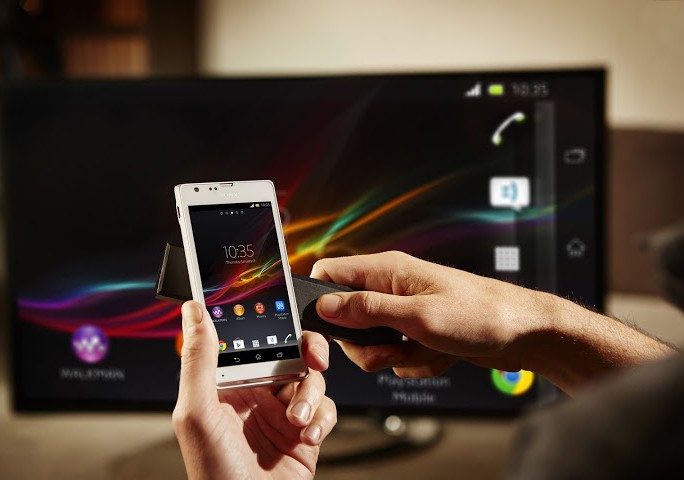At800 4G Freeview Interference Tests To Start In York

Around 10,000 households are to be notified of 4G Freeview interference tests
At800, the joint-venture established by the winners of 800MHz spectrum in the recent Ofcom 4G auction, will start more tests in York next week to determine what impact 4G services using the bandwidth might have on Freeview TV signals.
Around 10,000 households to the west of the city will receive a postcard with information about the trials and anyone who is not notified via post is unlikely to be affected.
DTT currently operates on the 700MHz spectrum, which could make it susceptible to interference when 4G services on the adjacent 800MHz airwaves go live later this year. EE, the UK’s only current 4G operator, uses 1800MHz bandwidth for its network, which does not impact DTT.
4G Freeview tests
 In most cases, a filter will solve any issues and the organisation has a team of professional aerial installers and tester units to assist. Filters connect between the existing aerial cable and the television or Freeview set-top box, with most people able to fit the filter themselves.
In most cases, a filter will solve any issues and the organisation has a team of professional aerial installers and tester units to assist. Filters connect between the existing aerial cable and the television or Freeview set-top box, with most people able to fit the filter themselves.
At800 said these latest tests will help it predict where in the country any interference might occur and how it responds to dealing with any problems.
Predictions are generally based on factors such as the strength of Freeview signals in an area or how close they are transmitted to 800MHz frequencies.
At800 is currently carrying out tests in Brighton, where Freeview signals are especially close to 800MHz, and has carried out large-scale testing in London which showed that there was no interference caused by LTE services using the adjacent spectrum.
“The testing in York will help us further refine our approach, alongside the tests we’ve conducted and which continue in Brighton,” said Simon Beresford-Wylie, chief executive of at800. “We urge those viewers in York who receive a postcard, and who see new problems with their Freeview reception, to call us.”
Are you up to speed on 4G? Try our quiz!